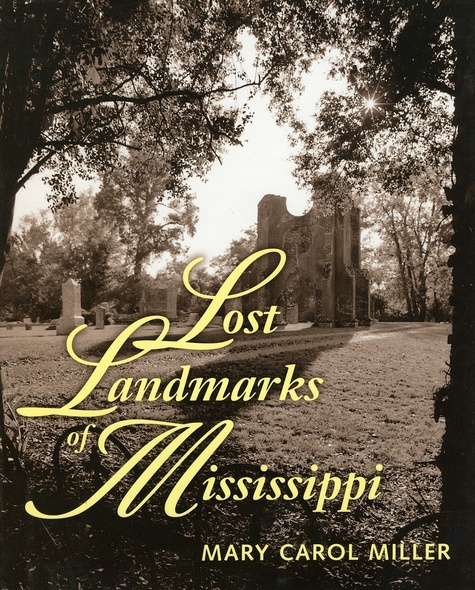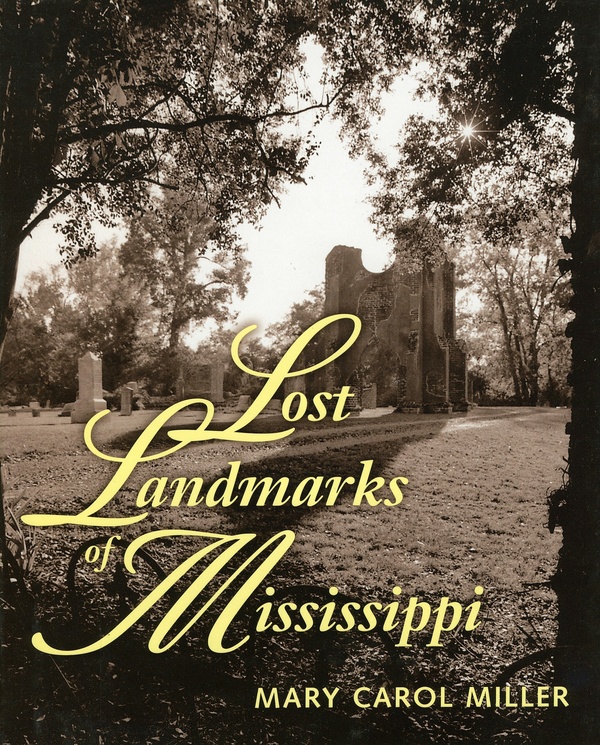Mississippi's architectural heritage is one of columns and capitals, most readily envisioned in the great mansions of Natchez and Columbus. But for every Stanton Hall or Waverly, there was an equally memorable structure built for law, worship, or education.
Antebellum Mississippians expressed their pride in their state and communities by erecting elegant Greek Revival schools and churches that rivaled those in Charleston and Boston. Even the darker side of life brought out the creativity of the state's architects and carpenters, shown in the grim visage of the old State Penitentiary and the graceful lines of the Insane Asylum.
As with the mansions of the Cotton Kingdom, many of Mississippi's landmark buildings have been lost over the years, victims of war, fire, neglect, or decay. Sprawling Gulf Coast hotels rose, prospered, and disappeared. Spas overflowed for decades with revelers, then vanished as their "healing waters" lost their cachet. Huge college buildings were pressed into service as Civil War hospitals, and several were destroyed in the process. Courthouses, the visible symbol of legitimacy for so many young towns, often suffered the same fate. Those landmark structures that survived the war were gradually replaced with more modern edifices, and economic shifts doomed factories, hotels, and even colleges.
Lost Landmarks of Mississippi reviews dozens of these forgotten buildings, capturing their beauty in rare black-and-white photographs and telling the stories of their place in Mississippi history.
Mary Carol Miller is the author of Lost Mansions of Mississippi (University Press of Mississippi) and Written in the Bricks. She lives in Tupelo, Miss.





